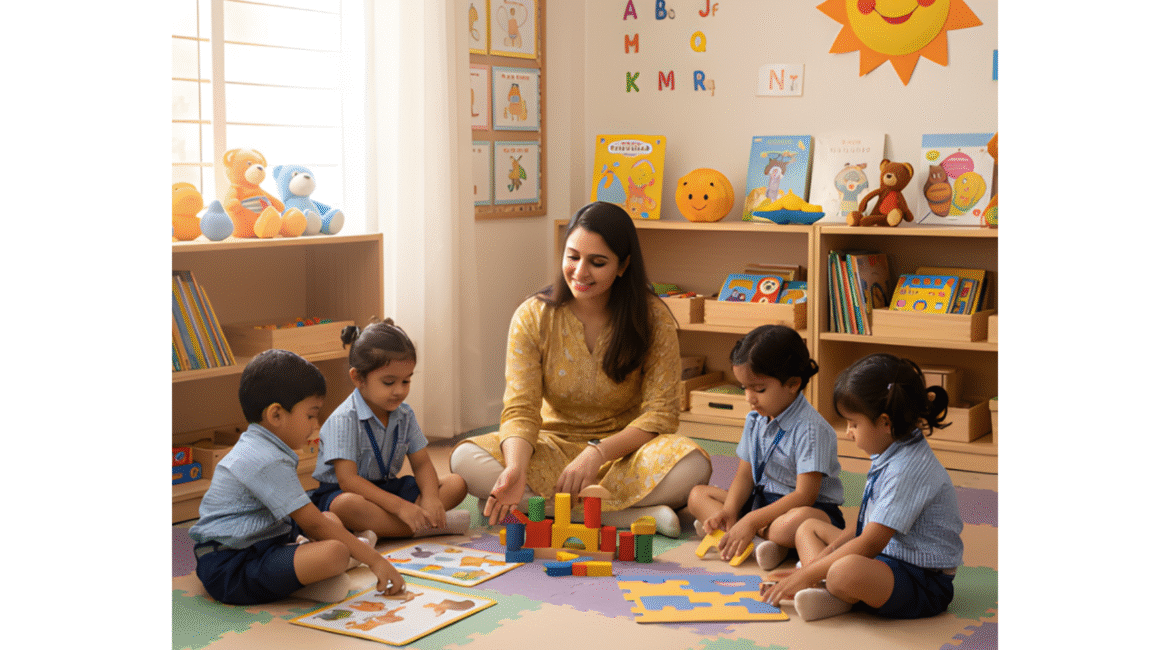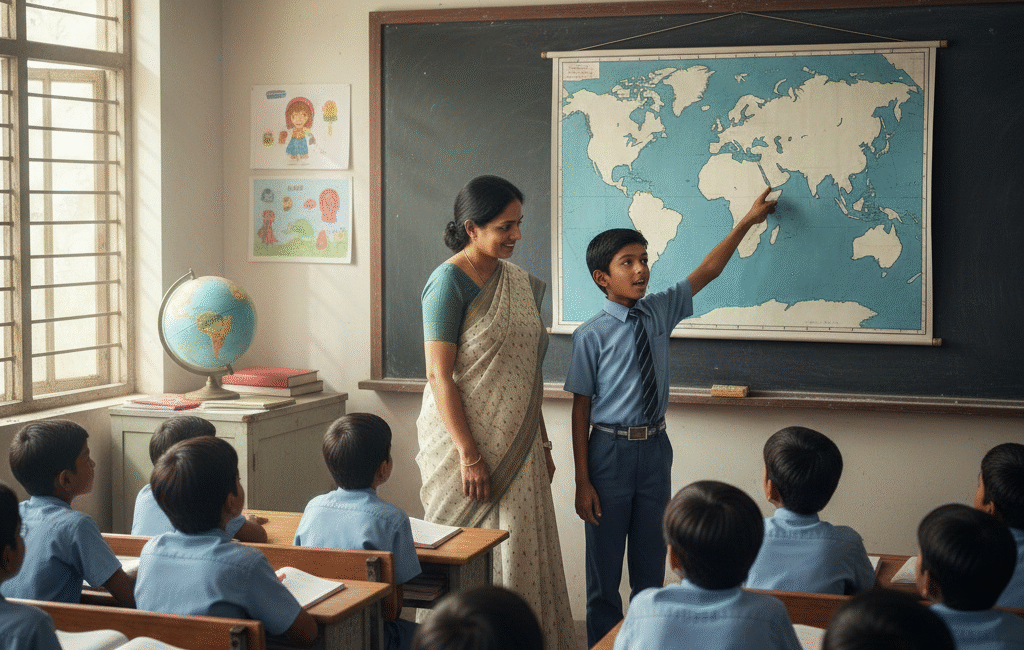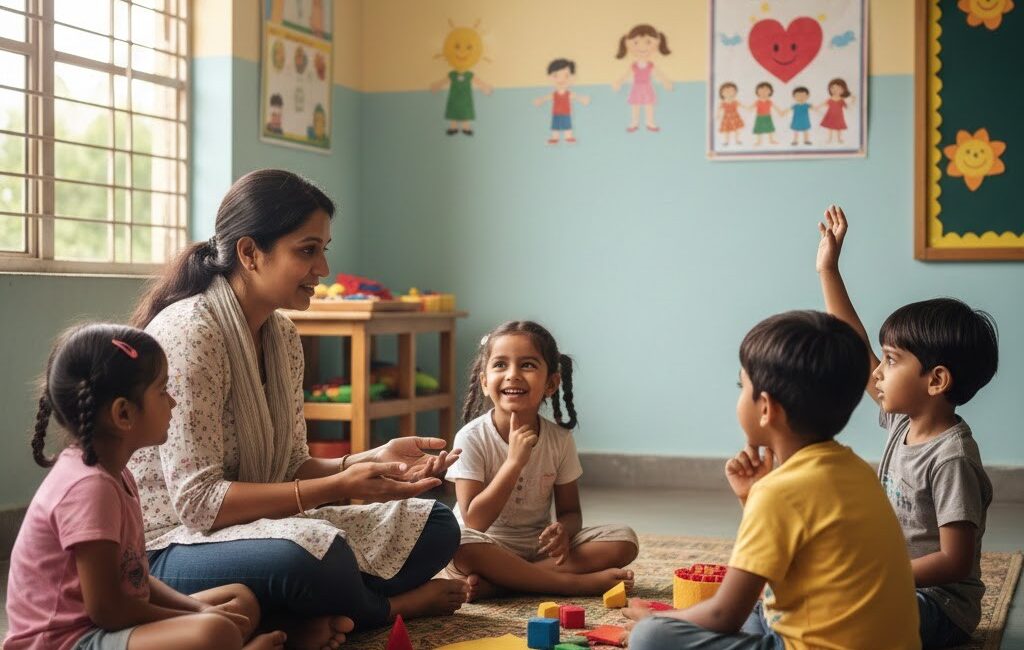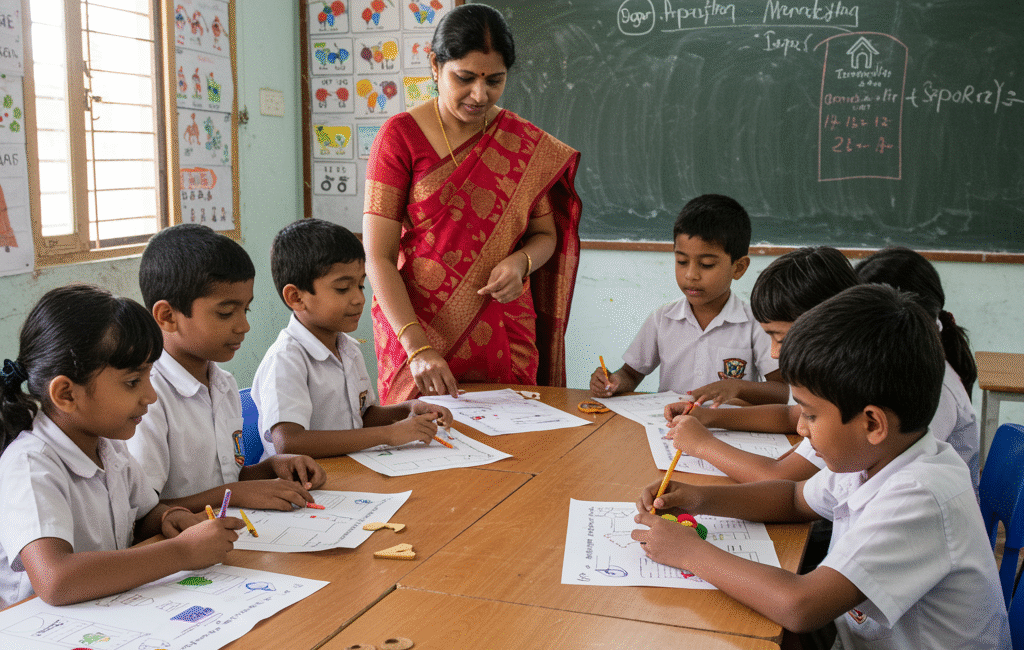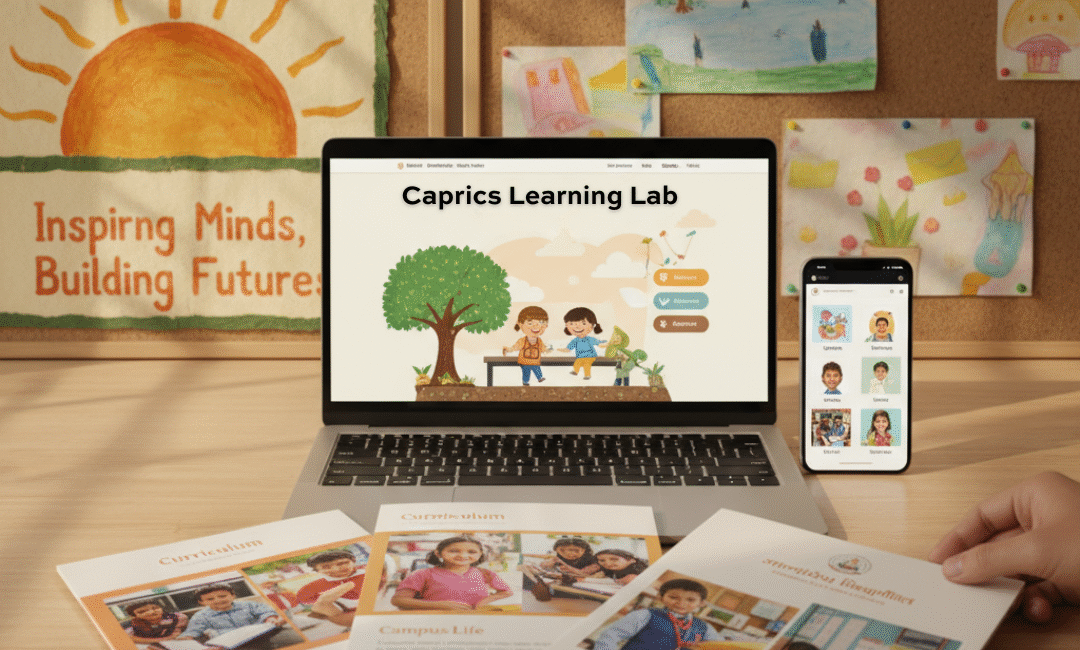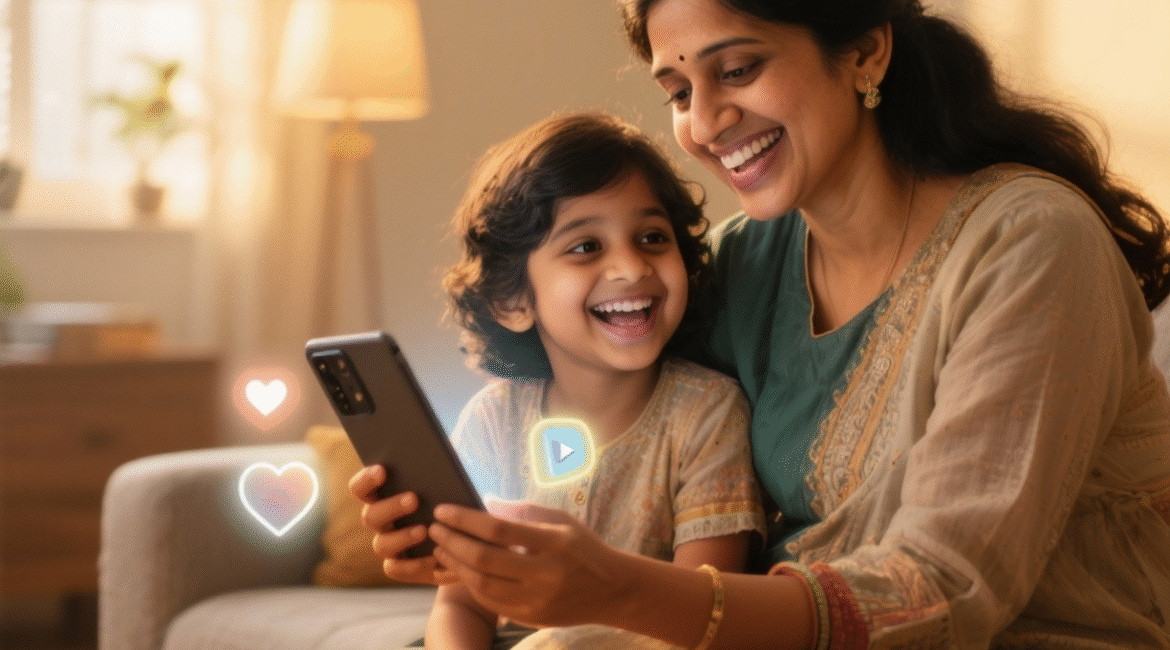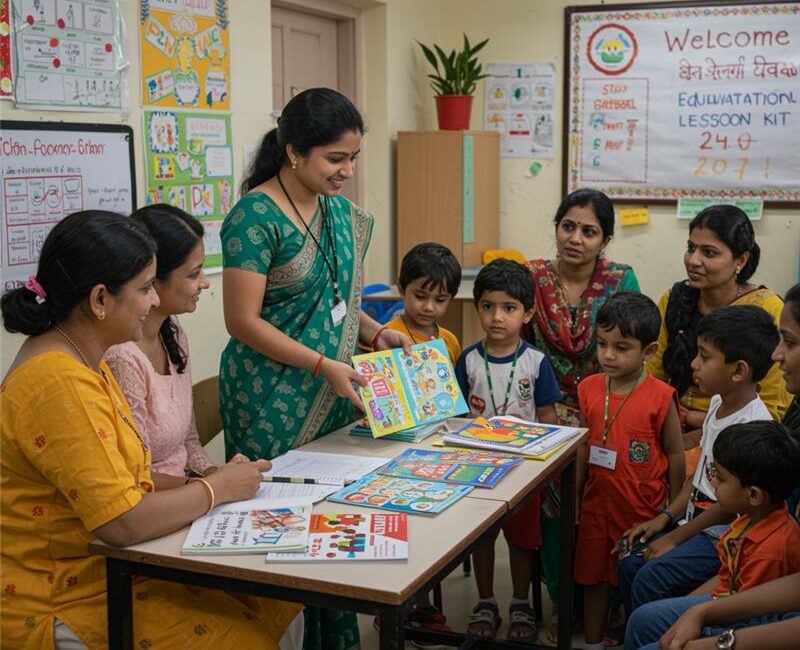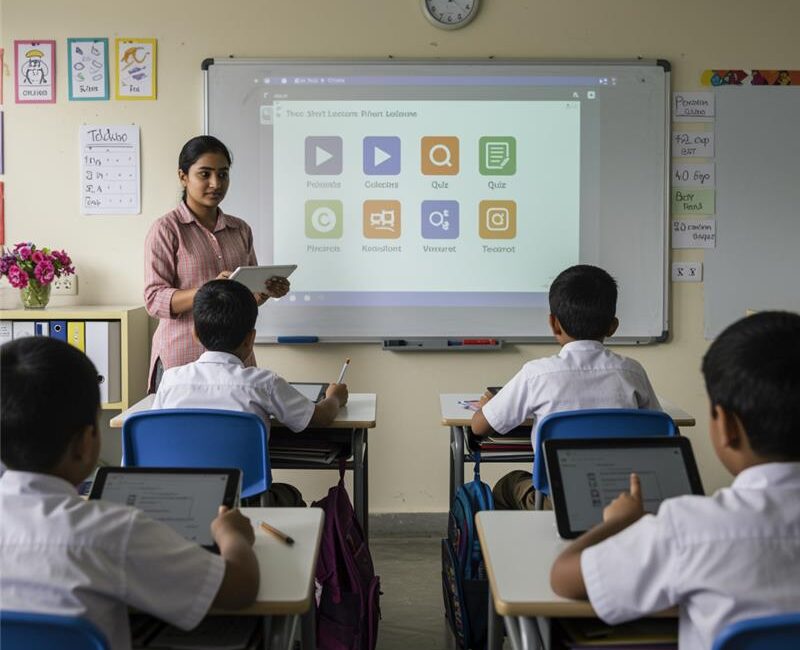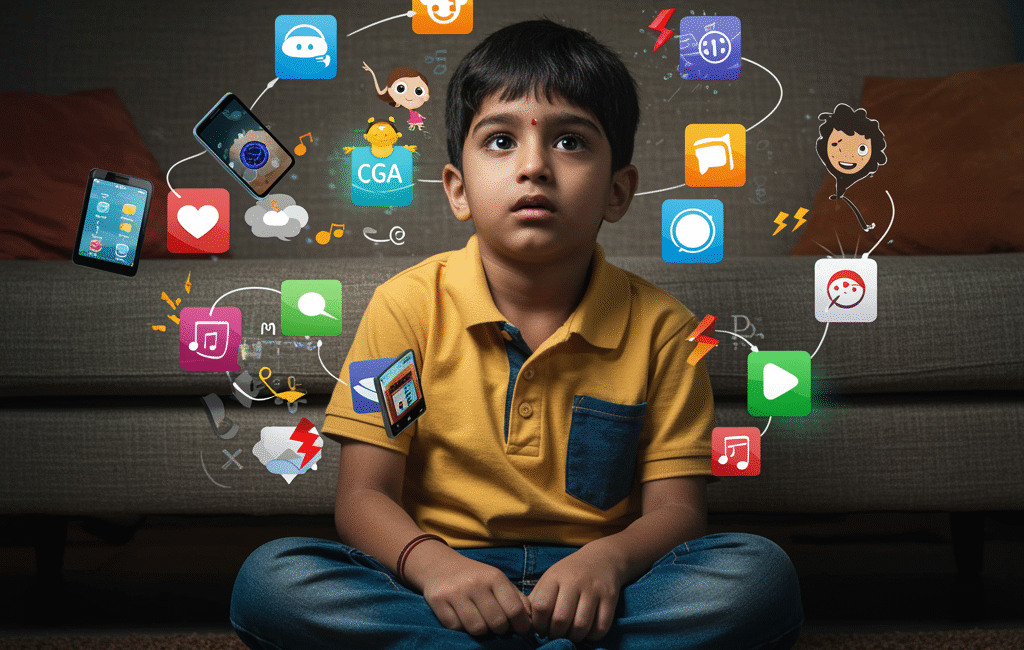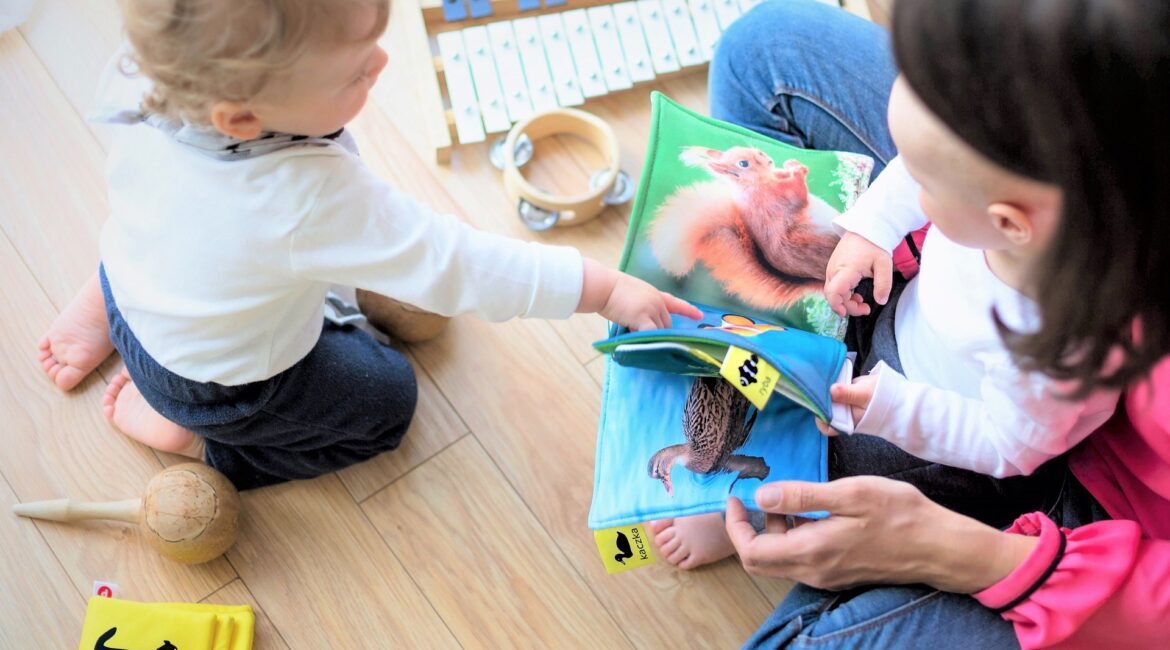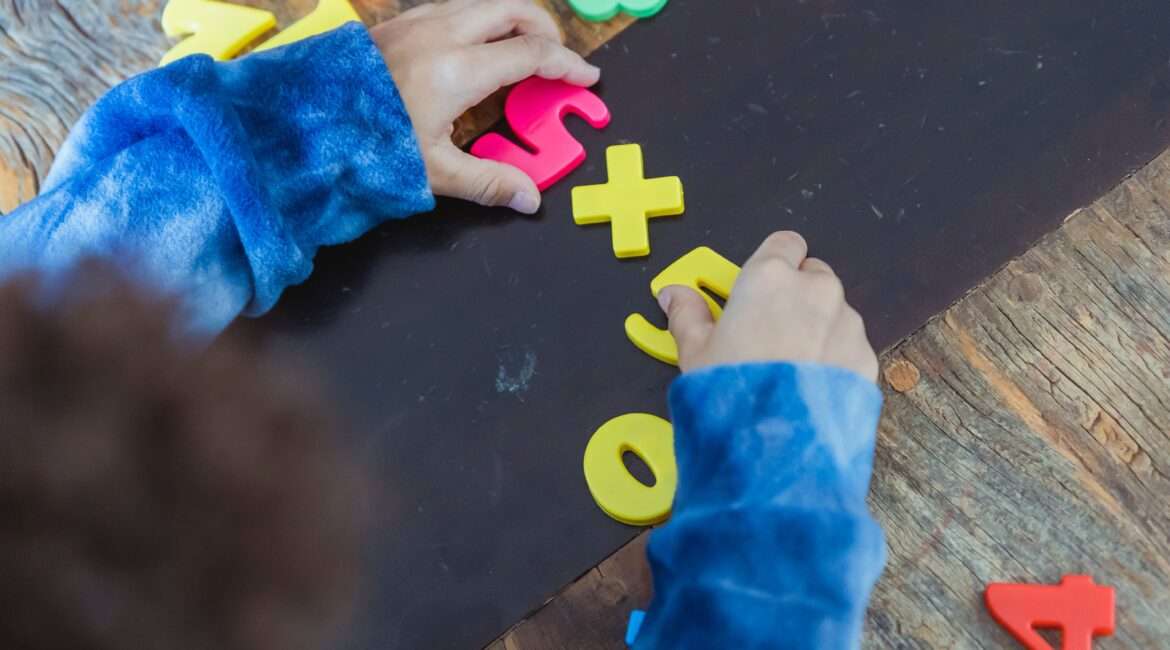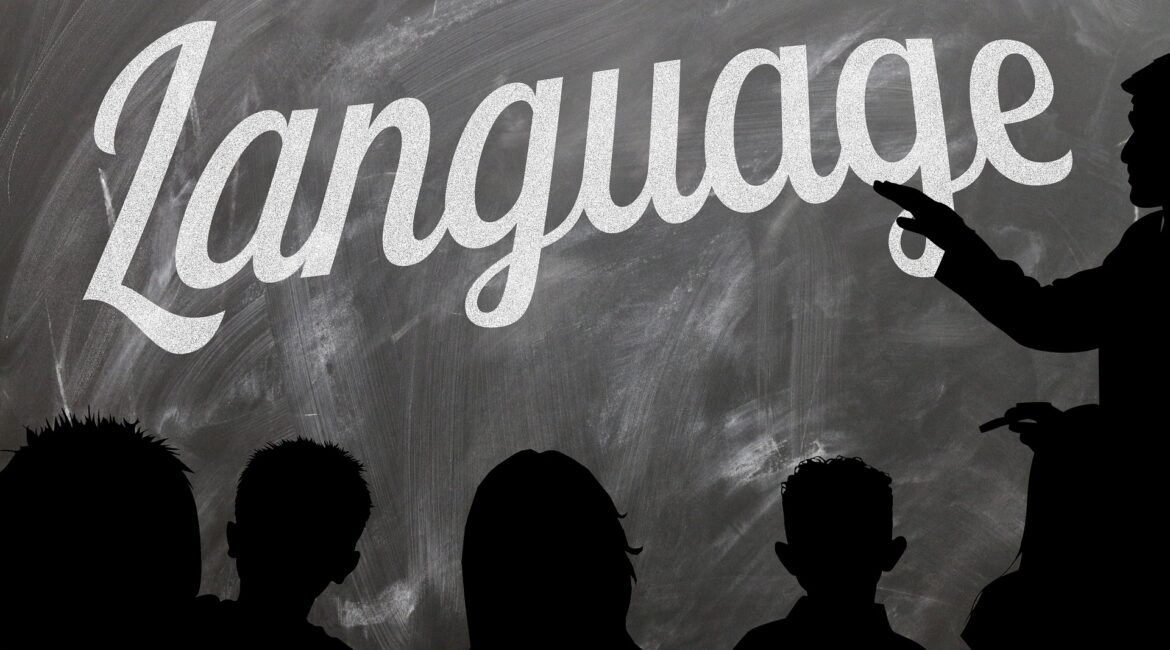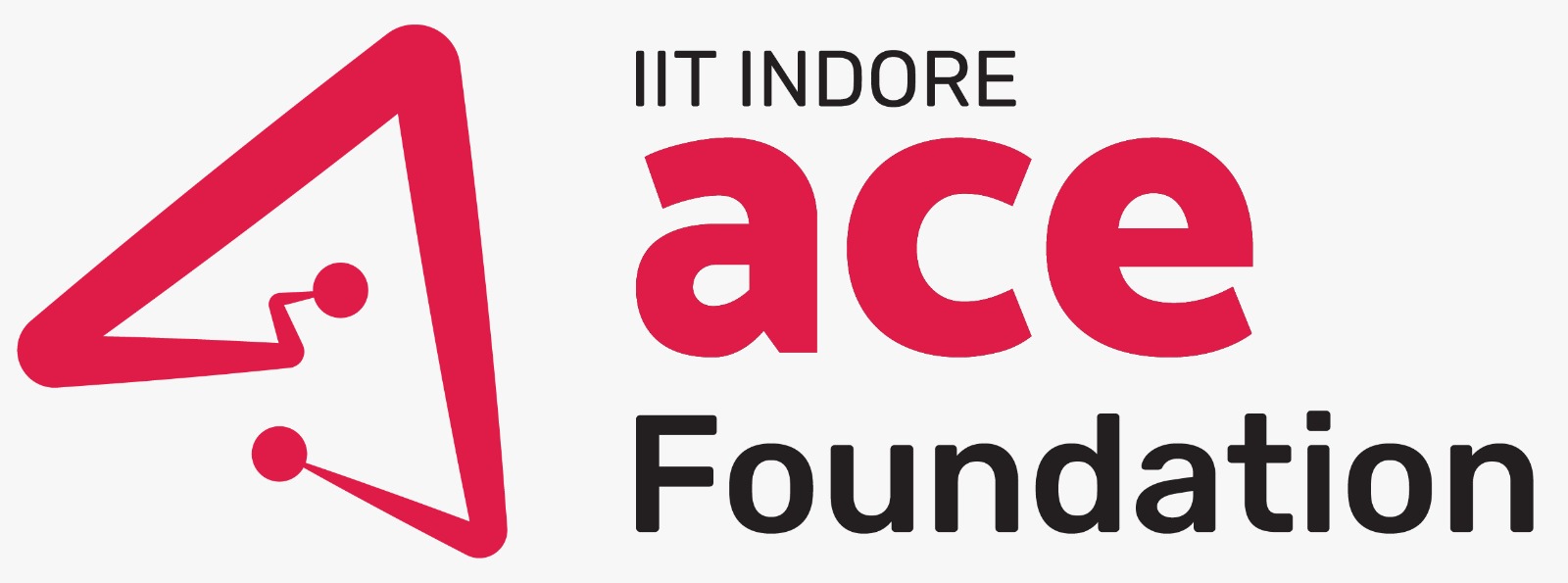National Curriculum Framework for Foundation Stage and Its Role in Early Childhood Education The early years of a child’s life quietly shape everything that follows. How children learn, express emotions, and understand their surroundings begins long before formal schooling. In India, the National Curriculum Framework for Foundation Stage offers a clear direction for educating children...
Read MoreIs the Traditional Food Pyramid Still Right for Today’s Lifestyle?
What if the way we were taught to eat is no longer suitable for the way we live? For decades, we have followed the same nutrition structure without questioning it. Carbohydrates at the base. Fruits and vegetables next. Proteins above that. Fats at the top. This model guided school textbooks, diet charts and family meal planning. ...
Read MoreNational Curriculum Framework for School Education in India: A Complete Guide for Parents and Educators
India’s school education system is going through a meaningful transformation. For many years, classroom learning focused mainly on textbooks, memorisation, and exam scores. While this method helped students recall information, it often failed to build deep understanding, thinking skills, or real-life application. To address these challenges, the National Curriculum Framework for School Education in India...
Read MoreSocial-Emotional Learning (SEL): Why It Matters for Children and Schools Today
Education today goes beyond textbooks and exams. Children need skills that help them understand themselves, manage emotions, build relationships, and make responsible choices. This is where Social-Emotional Learning (SEL) becomes important. Across schools in India and around the world, educators and parents are realising that academic success alone is not enough. Children must also learn how to handle feelings, work...
Read MoreWays That Competency-Based Learning Empowers Your Child for Lifetime Success
Education today is under immense pressure. Parents are demanding real learning outcomes, not just grades. Teachers are seeking clarity in a crowded syllabus. And students? They need confidence, not confusion. This is where Competency-Based Education (CBE) changes the game. Unlike the traditional “one-size-fits-all” approach, CBE focuses on what students can actually do with what they...
Read MoreTeaching With Pauses: Simple Brain Breaks That Boost Learning
Teachers often believe learning grows best when lessons flow without stopping. But in reality, learning deepens when we slow down. A short pause in teaching gives students the time to process, reflect, and connect ideas. These small, intentional breaks can transform an ordinary lesson into a powerful learning experience. In today’s fast-paced classrooms, where lessons...
Read MoreStanding Out in a Crowded School Market: Branding for Schools
Schools today compete in many ways. Parents explore several options before choosing one. What often influences their decision is not only academic results but also how a school presents itself. A strong brand helps schools create trust, build recognition, and connect with families on a deeper level. Why School Branding Matters Branding gives a school...
Read MoreThe Rise of Edu-influencers: Should Parents Follow Them?
Social media has changed the way people learn and share ideas. In recent years, a new kind of creator has become popular: the edu-influencer. These are teachers, parents, or education experts who share learning tips, parenting advice, and classroom ideas online. Their videos reach millions of people every day. Many parents follow them for inspiration...
Read MoreHow Caprics Blends Curriculum, Training and Technology to Transform Learning Communities
Many schools struggle because their curriculum, teacher training and technology tools come from different sources. This creates gaps between what is planned, how it is delivered and how it is supported. The Power of an Integrated Approach Caprics combines curriculum, training and technology into a single framework. This alignment makes it easier for schools...
Read MoreThe Rise of Microlearning and What Schools Should Know
Classrooms today look very different from what they were ten years ago. Students are used to quick videos, short posts, and instant updates. Long lessons often feel heavy and hard to follow. That is why microlearning is getting so much attention. It breaks learning into short and simple pieces. For schools, this is more than...
Read MoreWhy Screen Time Habits Start with Parents Not Devices
When people talk about screen time, the focus usually falls on children and their devices. Parents often blame phones, tablets, or television for unhealthy screen time habits. But devices are not the starting point. Parents are. Children mirror what they see. If a parent spends hours on a screen, the child learns that it is...
Read MoreThe Popcorn Brain Effect and What It Means for Children Today
Everywhere we go, screens are with us. At home. In cars. In our hands. For many parents, handing a screen to a child feels like a quick solution. It keeps them busy. It gives us a moment to catch our breath. But slowly, silently, something is changing inside their minds. It’s called the Popcorn Brain...
Read MoreLearning From Book VS Digital Learning
Dive into the ongoing debate of traditional book learning versus digital education as we unravel the advantages associated with both forms of learning.
Read MoreHarnessing Classical Conditioning in Early Childhood Care and Education:
This comprehensive article provides an overview of classical conditioning, emphasizing its application and relevance in the context of early childhood education, supported by real-life examples.
Read MoreThe Role of Parental Involvement in Early Childhood Education
As a parent, you play a crucial role in your child’s early childhood education. By being actively involved, you can help them perform well academically and develop the skill set for leading a productive life.
Read MoreCognitive Development in Early Childhood
Cognitive development in early childhood encompasses how children think, explore their surroundings and learn to work things out on their own. A sound progress at this stage sets the ground for their future advancement.
Read MoreThe Benefits of learning a second language in early childhood
Proficiency in more than one language is a vital skill in today’s interconnected world. Your child’s personality shines better and there is remarkable growth in cognitive abilities with the learning of a second language.
Read MoreWhat is more important for your child: life skill or success skills?
Children require guidance to hone their skills. Parents and teachers are confused about the skill set that needs to be focused upon, regarding their children. This blog will enable you to make the right decision for your child.
Read More
